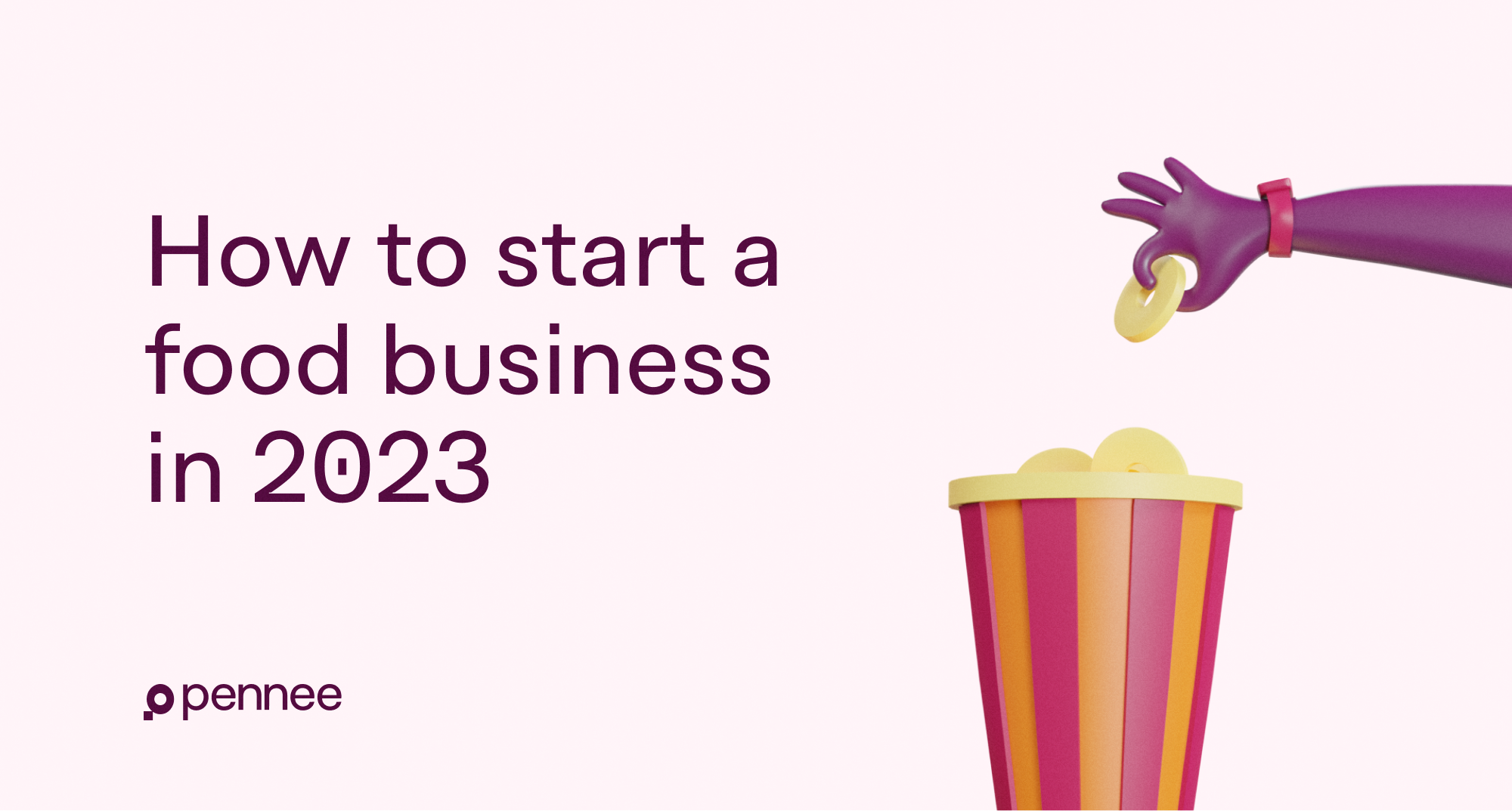Starting a food business is definitely not for the weak or faint-hearted. From the risk of wastage to quality assurance measures and rising food prices in Nigeria, it’s not a business one can do on the side without proper management and team.
But the food business is also lucrative if you get the food right. People love to share good eats, so the food business thrives significantly on word of mouth.
Before you buy your cooker and pots, this blog post is a 6-step guide to starting a food business in Nigeria in 2024.
- Decide on what type of food business and research
From your business type to the kind of crowd, you want to attract, decide, research, and decide again. Different kinds of food businesses include food trucks, cafes, bistros, fine dining, lunch pack delivery and lots more.
Experience and funding heavily determine what type of business to begin. For an aspect of the food business like fine dining, having experience in the restaurant/luxury space can help you curate a better experience for diners, as fine dining is heavy on experience. Food trucks will require licensing, space renting, a driver and lots more. Bistros are typically more affordable, simple on aesthetics, and provide everyday regular, inexpensive meals. Cafes are mostly great for quick eats, tea, coffee, and pastries.
Depending on your level of knowledge and expertise, you can begin any type of food business. If you can’t afford help at the moment or do not have a big budget, online delivery A.K.A lunch packs are a more suitable option as only 1 person can manage it in the early stages.
Also, research and determine if any licenses or checks are required to be carried out, especially for physical outlets. You want to avoid a situation where the restaurant/bistro/cafe opens and gets shut down by a regulatory body like NAFDAC.
2. Determine sources of funding
The food business is both a labour- and capital-intensive business depending on what type you choose to run. For roadside bukkas or mama puts, with less than 200k, the business can begin, but fine dining will need a minimum of 1m to cover expenses like rent, décor and aesthetic, and talent A.K.A an in-house chef.
Once you’ve decided what type of business to begin, you must source funds. Savings or loans from family and friends can help you begin an online-delivery business. With a budget of 100,000, the business can begin.
3. Get suppliers and analyse prices
When it comes to running a food business, ingredient buying cannot be relegated to supermarkets or food stores as you may not get the best bargains there. Hence, you will need to go to food markets and forge relationships with some sellers to get a good bargain as many offer discounted prices (on some products) for businesses that cook to sell.
Dust your boots or slippers and find the market closest to you to get ingredient prices and strike a bargain.
Also, the food business is not one where prices can be pegged on a whim. Production costs, prevalent raw material prices, labour costs, rent and lots more must be factored in per plate to break even and make a profit. Prices will differ greatly between 2 businesses running the same model like fine dining. From the talents needed to the ingredients, analysing your prices properly is a must. Once you have your numbers from the market runs, talent payment and other things, you can then peg your prices.
A note of caution especially for businesses in the online food delivery space is to check prevalent prices in the market. Avoid a price that is too high that people shrug your business off, and too low that people don’t perceive value from it.
4. Structure inventory management
The worst thing that can happen to any food business is for halfway through meal prep, the cook realizes that some ingredients are missing or are not enough. Inventory management is important for every food business.
The procurement timeline largely determines how frequently inventory is checked. If you shop all you need weekly and split what is needed for your everyday menu, you can carry out inventory checks at the end of each week to determine what’s left, the proportion of it, and what needs to be stocked up. Having a sheet or list to track this will help in ensuring that nothing is forgotten.
5. Build an online brand
Especially if you operate an online food delivery business, getting visible online is extremely important. Having a budget for marketing that can range from UGC to sponsored Ads is a necessity to reach the audience you need.
READ THIS POST: ONLINE VISIBILITY FOR SMALL BUSINESSES
Part of brand building also looks like vendor registrations for events to encourage visibility and participation in competitions and grant challenges.
6. Sell and expand
Once the steps above have been put into the process, it’s time to sell, sell, sell. One strategy to help you sell more as a food business is consistency. Consistency in taste turns people into repeat customers. So be wary of changing ingredients anyhow, and ensure that the recipe stays the same or becomes better as more hands come on to support it.
READ THIS POST: SALES STRATEGIES FOR BUSINESSES IN 2023.
READ THIS POST: CUSTOMER RETENTION TIPS FOR SMALL BUSINESSES
This is how to start a food business in 2024.
